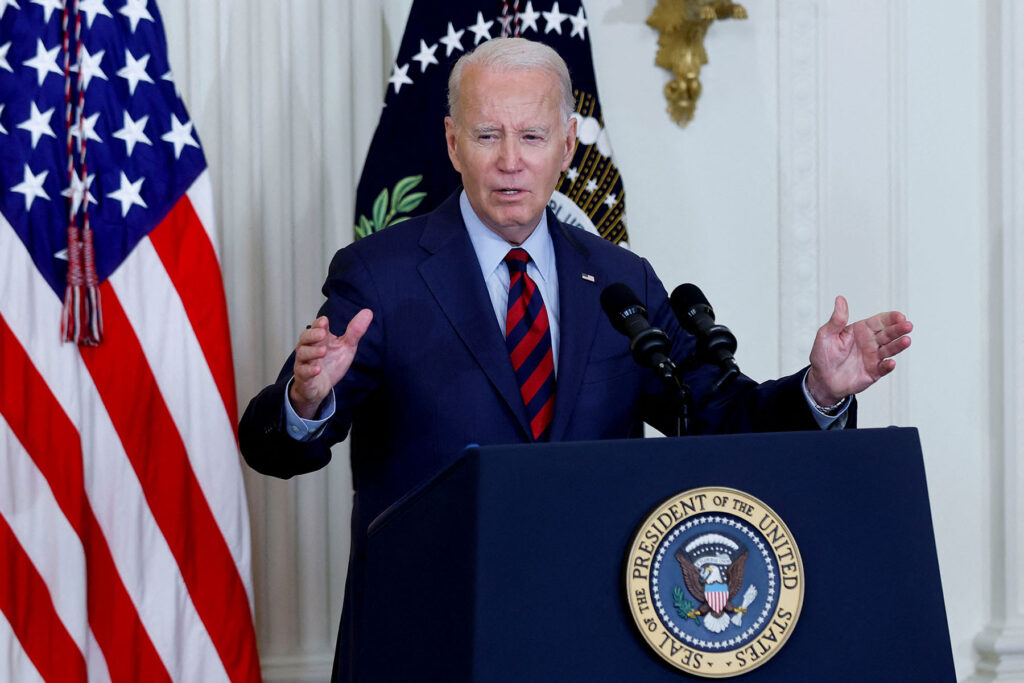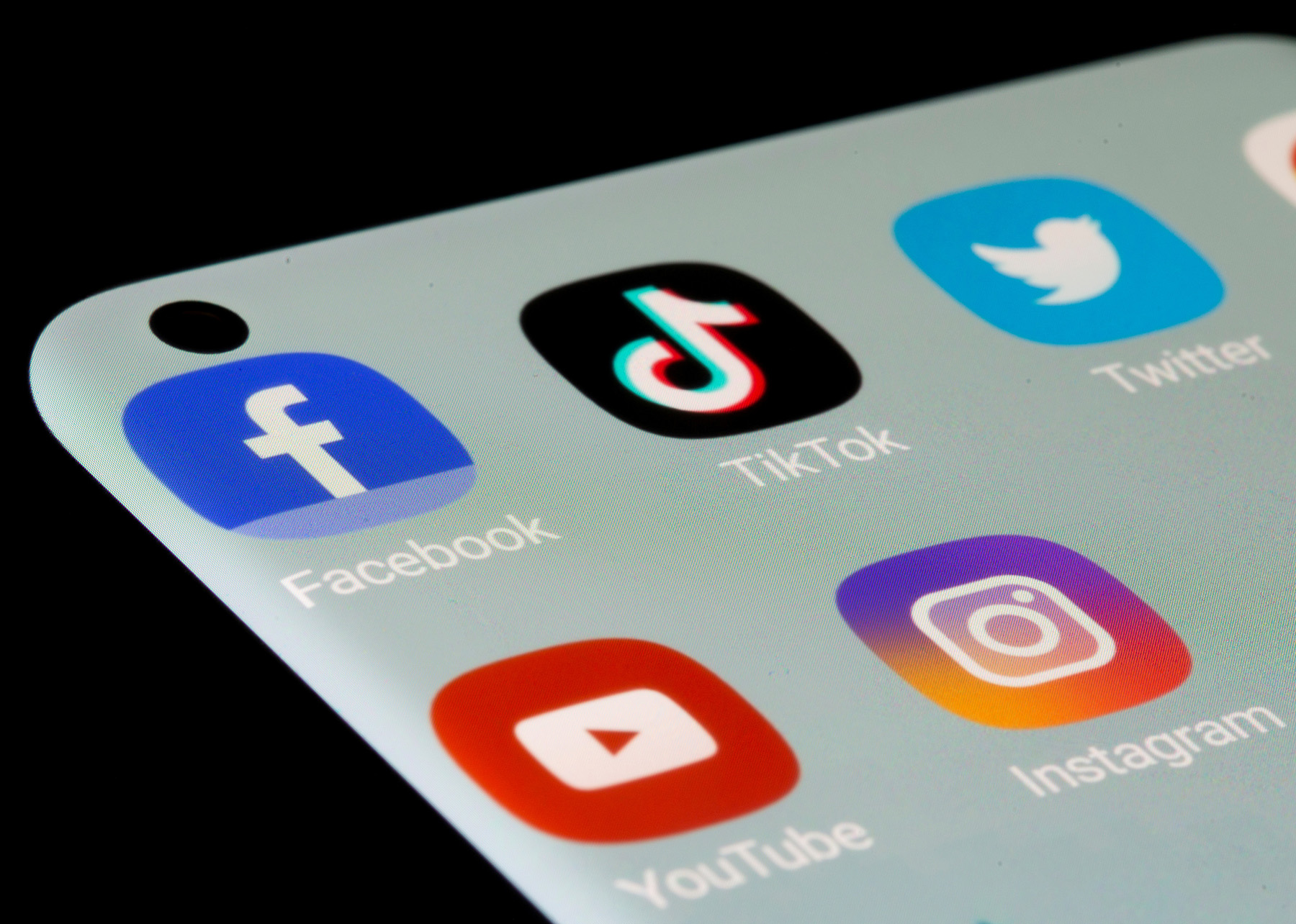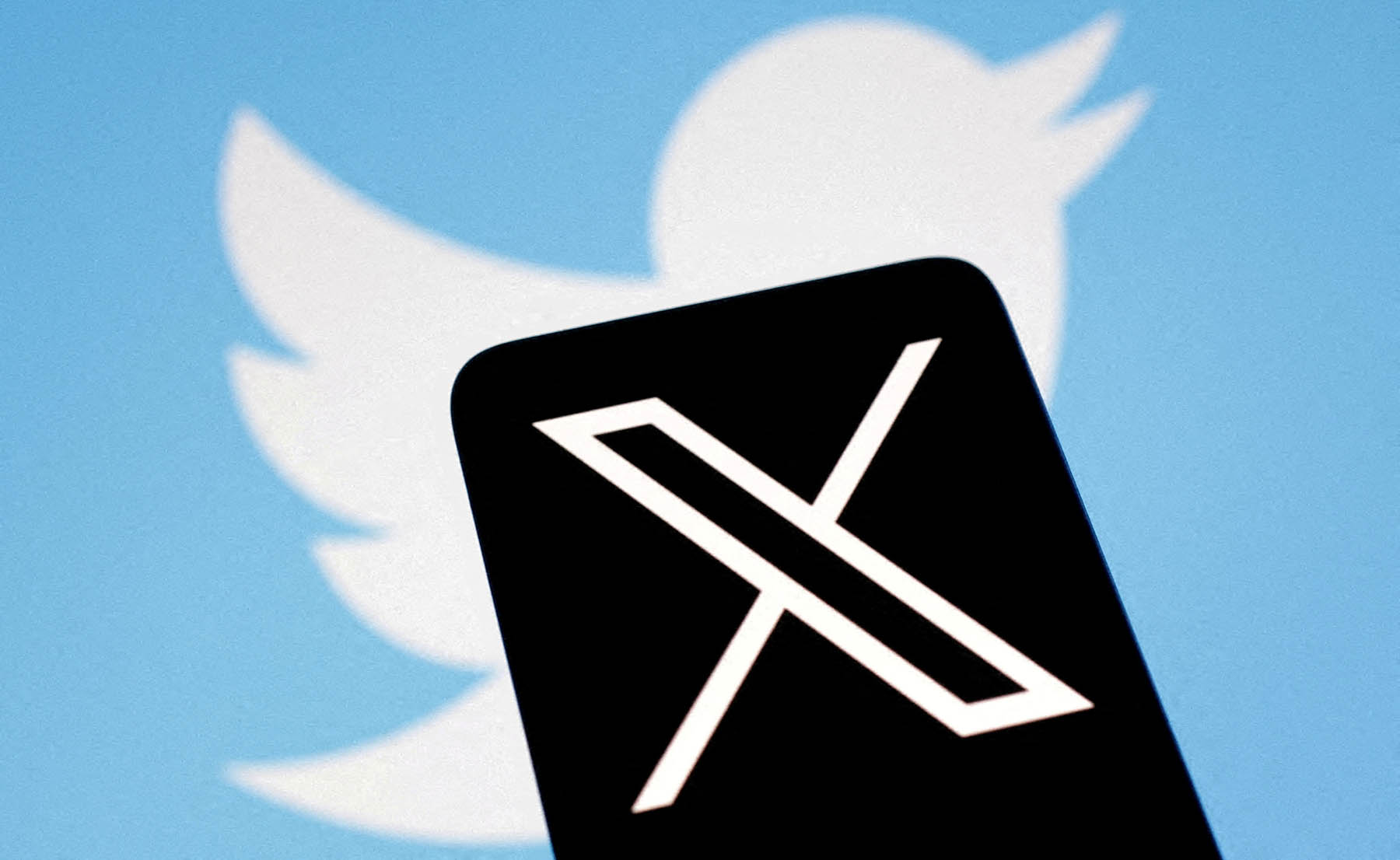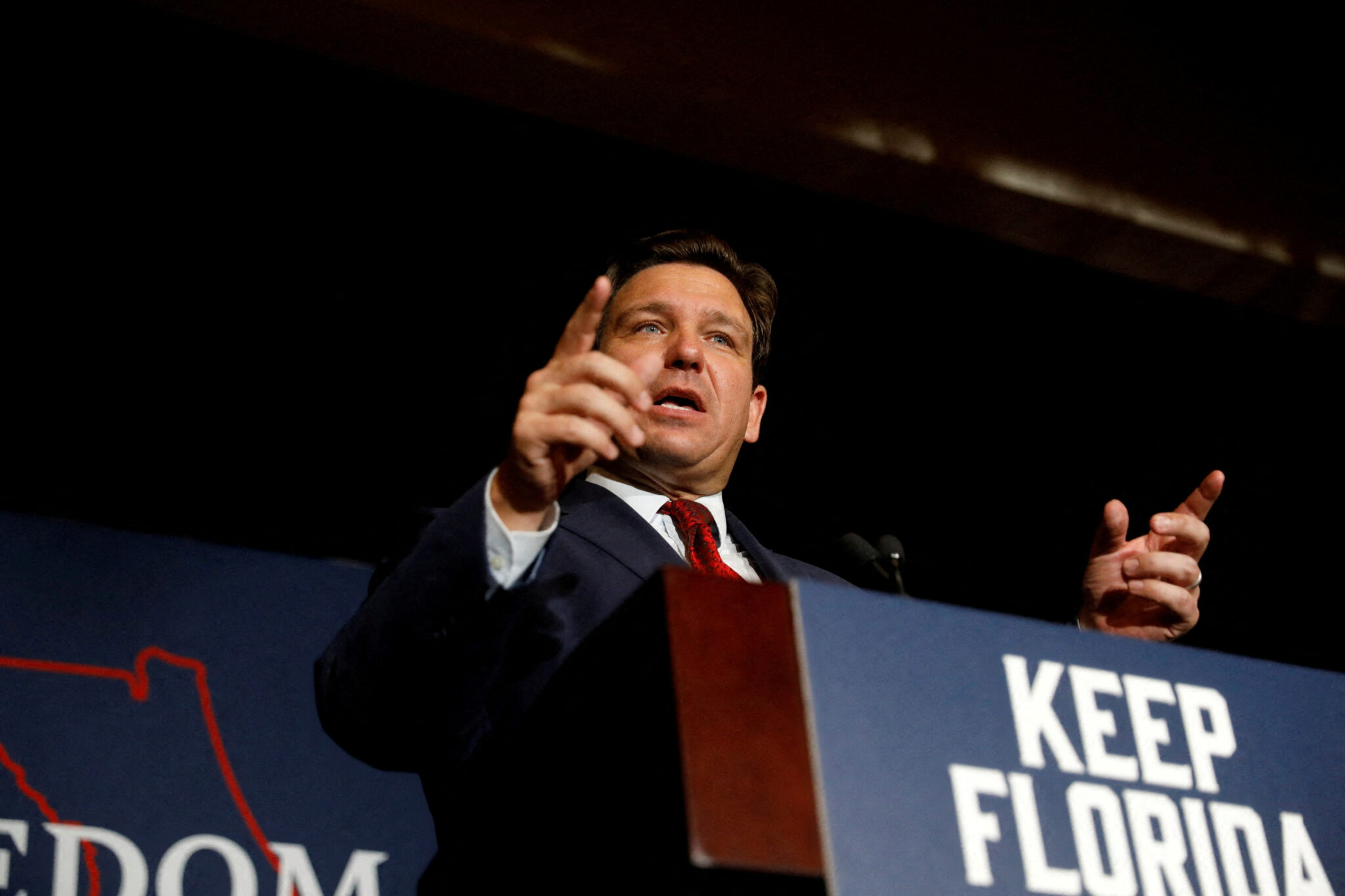A federal judge in Louisiana granted a preliminary injunction July 4 blocking the Biden administration and key government agencies from communicating with major social media platforms about user content the sites host — a ruling which could result in major First Amendment implications.
The order, written by Judge Terry A. Doughty — a Donald Trump appointee — upends the government’s efforts to curtail troublesome speech online. The mis- and disinformation on major platforms grew exponentially during the 2016 presidential election and the coronavirus pandemic, which led the government to regularly communicate its concerns with major social media platforms that hosted the speech of millions of Americans.
Judge Doughty stated that the parties, two Republican attorney generals from Louisiana and Missouri who sued in 2022, “have presented substantial evidence in support of their claims that they were victims of a far-reaching and widespread censorship campaign.”
“The evidence produced thus far depicts an almost dystopian scenario,” he wrote in his memorandum opinion filed in the U.S. District Court for the Western District of Louisiana. “During the COVID-19 pandemic, a period perhaps best characterized by widespread doubt and uncertainty, the United States Government seems to have assumed a role similar to an Orwellian ‘Ministry of Truth.’”
Under the order, certain government agencies, including the Department of Health and Human Services, (HHS), and the Federal Bureau of Investigation, are prohibited from “meeting with social-media companies for the purpose of urging, encouraging, pressuring, or inducing in any manner the removal, deletion, suppression, or reduction of content containing protected free speech posted on social-media platforms.” The order also notes specific people from within certain agencies, such as the deputy director of the HHS office of communications.
The order does specify some exceptions, such as notification from government agencies to social media platforms of criminal activity, including threats to national security or “foreign attempts to influence elections.”
The ruling follows a lawsuit filed by the two Republican attorney generals from Louisiana and Missouri, who argued the government overstepped in its attempt to discuss COVID-19 and election misinformation with social media platform executives. The lawsuit was a result of increasing pressure on the platforms following accusations that moderation policies are biased and excessively censor right-leaning or conservative speech.
Judge Doughty stated that “The question does not concern whether speech is conservative, moderate, liberal, progressive, or somewhere in between,” according to the memorandum opinion. “What matters is that Americans, despite their views, will not be censored or suppressed by the Government. Other than well-known exceptions to the Free Speech Clause, all political views and content are protected speech.”
“What is really telling is that virtually all of the free speech suppressed was ‘conservative’ free speech,” he wrote. “Using the 2016 election and the COVID-19 pandemic, the Government apparently engaged in a massive effort to suppress disfavored conservative speech.”
Judge Doughty’s ruling raised concern among some First Amendment scholars. The opinion includes facts that “raise serious constitutional questions,” tweeted Jameel Jaffer, executive director of the Knight First Amendment Institute at Columbia University.
“But his order would insulate social media [companies] from criticism, not just coercion. He should narrow the order, or the appeals court should do it for him,” he wrote.
Gautam Hans, associate clinical professor of law and associate director of the Stanton Foundation First Amendment Clinic at Cornell Law School, said the “First Amendment issues kind of all swirl together” in this case, and that the decision didn’t really “thoughtfully or carefully engage with some of them.”
There’s the question of whether the government is coercing the platforms to remove or censor certain speech; and the question of the First Amendment rights of the platforms themselves, Hans said.
There has been some debate about “jawboning,” which Hans says is when a “government entity kind of subtly, or maybe not so subtly, pressures a platform into doing some kind of action or takedown; but that doesn’t seem to be the case here because the companies seem to be voluntarily participating.”
But Lyrissa Lidsky, First Amendment lawyer and professor at the University of Florida Levin College of Law, said it appears the government may have gone “beyond jawboning to implicit coercion of social media companies” as a way “to censor disfavored content.”
“Some of that content may be ‘disinformation,’ but the danger is that some of it is simply content the government doesn’t like or finds embarrassing,” she said. “The litigation is important as a tool to uncover the extent to which the government is pressuring, and perhaps coercing, censorship by the social media companies that provide millions of us with access to the digital public square.” However, Lidsky added, “Judge’s Doughty’s gag order on government actors may reach too far in response to the threat.”
Social media platforms were first described as the “modern public square” in the 2017 Supreme Court case Packingham v. North Carolina, stating that “social media allows users to gain access to information and communicate with one another on any subject that might come to mind.”
Social media platforms, the high court found, allow users to explore “the vast realms of human thought and knowledge.”
Judge Doughty wrote that if the allegations are true, “the present case arguably involves the most massive attack against free speech in United States’ history.”
“The Plaintiffs are likely to succeed on the merits in establishing that the Government has used its power to silence opposition. Opposition to COVID-19 vaccines; opposition to COVID-19 masking and lockdowns; opposition to the lab-leak theory of COVID-19; opposition to the validity of the 2020 election; opposition to President Biden’s policies; statements that the Hunter Biden laptop story was true; and opposition to policies of the government officials in power. All were suppressed. It is quite telling that each example or category of suppressed speech was conservative in nature. This targeted suppression of conservative ideas is a perfect example of viewpoint discrimination of political speech. American citizens have the right to engage in free debate about the significant issues affecting the country.”
Sarah Ludington, professor of law and director of the First Amendment Clinic at Duke Law School, described Judge Doughty’s order as “unprecedented.”
In a First Amendment context, she said, “it is extremely unusual for a judge to tell someone they can’t speak,” describing the order as a prior restraint.
Prior restraints prevent material from ever reaching the public, a serious step that diminishes the marketplace of ideas and the well of information that informs citizens in a self-governing society.
Teacher Guide: Prior Restraints — The Most Egregious Violation of First Amendment Rights
Ludington noted that usually, prior restraints apply to cases where the government is restraining a private party. But, she questions, “What if it is one branch of government restraining another branch of government and individual employees within that branch?”
While she agrees that there should not be coercion or threats from the government towards major social platforms, she is concerned about the impact this decision may have on the “free flow of information between private parties and the government.”
“Obviously to self govern, we as Americans need access to information about what our government is doing,” she said. “We also need facts and data; and for better or worse, the federal government is the collector of that and repository of it.”
The question of online speech and its intersection with the First Amendment has been at the forefront of legal battles in recent years.
In Florida, a law which aimed to curb alleged censorship of certain viewpoints by social media platforms, was blocked by the U.S. Court of Appeals for the Eleventh Circuit in May 2022. The Eleventh Circuit ruled that the moderation and curation of content by tech companies like Facebook and Twitter is protected from government infringement under the First Amendment’s free speech guarantee. But a similar law in Texas, which barred platforms with more than 50 million users from removing content with political viewpoints, was upheld by the U.S. Court of Appeals for the Fifth Circuit in September 2022.
The split in federal circuit interpretations may make it likely that the Supreme Court will decide if the platforms have a First Amendment right to control the content posted to their sites. In January 2023 the Supreme Court did not decide whether to grant or deny a petition for writ of certiorari, but rather invited President Biden’s administration to share its views on both laws. As of now, both laws remain blocked until the Supreme Court issues its final decision as to whether to hear both cases.
In May, the Supreme Court also ruled in two separate cases that tech companies can’t be held liable for content their users share on the platforms.
On July 5, the Biden administration filed a notice of appeal of Judge Doughty’s decision. The case is expected to go to the Fifth Circuit, which already sided with Texas in its argument that social media platforms censor certain political speech.
Judge Doughty’s decision is “bizarre,” Hans said, because “usually the courts are going to fight very hard to avoid creating constitutional questions if they can … I think the judge in this case clearly did not get that memo, and was really not interested in engaging with the multiple constitutional problems that this decision creates.”
July 4, 2023 — Judge Doughty’s Order
July 4, 2023 — Judge Doughty’s Memorandum Opinion
Tags



